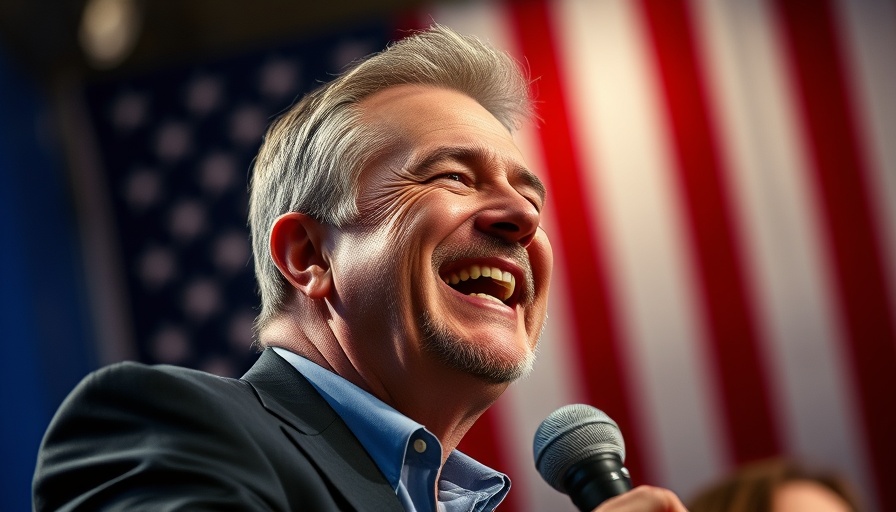
Unpacking Silicon Valley's Influence in Washington
Silicon Valley's grip on Washington, D.C. is evident through a network of tech elites in powerful positions. Billionaires like Elon Musk and Peter Thiel are reshaping the political landscape, as their appointments to federal agencies raise concerns about conflicts of interest. A significant analysis reported that since former President Trump's inauguration, over three dozen affiliates of these billionaires have infiltrated key governmental roles, directing federal contracts worth around $6 billion toward their companies. This raises critical questions about accountability and transparency in governance.
Why It Matters: Ethics in Governance
The ethical implications of such appointments cannot be understated. Daniel Weiner from the Brennan Center has articulated concerns about the lack of oversight in the appointments process during the Trump administration, where safety measures against potential conflicts of interests were absent. The collision of private interests with public office threatens the very fabric of democratic accountability.
The Argument for Innovation
Supporters argue that appointing knowledgeable individuals from Silicon Valley can benefit the government. The expertise of tech leaders is crucial in navigating technological advancements and global competition. They can bring valuable insights into government functions that desperately require modernization. But can the government innovate without compromising its integrity?
Contrasting Viewpoints: Favoritism vs. Competency
Critics warn that favoritism within government contracts leads to a culture where decisions are made based on personal relationships rather than merit. This is a slippery slope: should the government prioritize innovation when it risks ethical standards? This sentiment surfaces amid broader debates about the influence of money in politics and the extent to which tech elites can sway policy amidst rising public skepticism.
The Road Ahead: Policy Implications
As Silicon Valley continues its unprecedented influence in D.C., the overarching question remains—how will this shift impact policy-making moving forward? Will tech be perceived as a champion of innovation, or will it carry the stigma of corrupted influence? Citizens and policymakers alike must remain vigilant to ensure that government efficacy does not come at the expense of equitable governance.
Conclusion: What Can Citizens Do?
As these conversations unfold, citizen engagement and awareness become increasingly vital. Advocacy groups and voters should keep tabs on governmental shifts, urging transparency and ethical scrutiny. Staying informed on the latest technology news allows citizens to understand the entwined relationship between their government and the tech industry, influencing the future of public policies.
 Add Row
Add Row  Add
Add 



Write A Comment